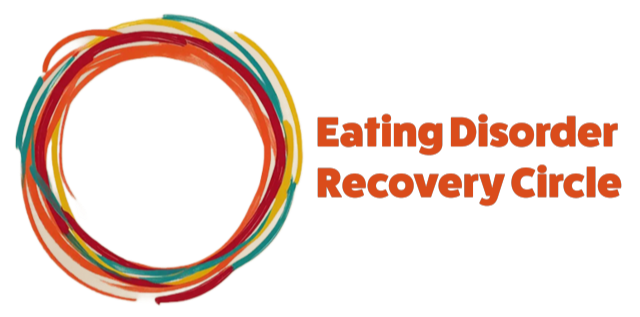September 4th Q&A – Finding Yourself Again, Learning to Rest, and Eating Without Permission
Sep 04, 2025This week’s questions were so real and so relatable: “Have I changed as a person?”, “Is it ever okay to move in recovery?”, and “How do I eat if the person beside me isn’t?”
These are tender places, and I want you to know as you read through this—you are not alone in any of them.
Let’s get into it.
1) “Has my personality changed because of the eating disorder? And what about sex drive?”
One of you shared that you worry more now, avoid spending money, struggle to use new things, feel indecisive—and you’re wondering if that’s your age, your personality, or the eating disorder. You also asked about libido.
Sweetheart, I want you to know this: you haven’t “become someone else.” What’s happening is survival mode. When the body isn’t getting enough nourishment, it has to shut things down. It keeps you alive, but it dims all the parts of you that make life feel full—creativity, ease, humour, spontaneity. And at the same time, it turns up the volume on fear, rigidity, and overthinking.
It’s not your fault. It’s not your identity. It’s a starved, frightened brain doing its best to protect you.
The beautiful part is this: your true self hasn’t gone anywhere. She’s just waiting for safety. With consistent food, rest, and gentleness, the lights come back on—one room at a time.
And yes, sex drive is hugely affected. When the body feels unsafe, it shuts down reproduction to focus on survival. But when you begin to feed and rest, desire can return suddenly like a wave, or slowly like a warmth that builds. It always comes back, because it’s part of being human—it’s not something you have to earn.
So please remember: you are not broken. You are still in there. And every bite, every nap, every soft moment is helping you come back online.
2) “Is any movement okay in recovery—or should it all stop?”
Another question came from someone who uses movement to compensate and control, but also genuinely loves being outdoors, walking the dog, and enjoying nature.
I really feel this tug-of-war. On one hand, you want to move because it feels good. On the other hand, right now the eating disorder has its claws in exercise—it’s about earning, burning, proving. And if that’s the case, it isn’t freedom.
I know how hard it is to sit still. It feels almost unbearable at first. But the discomfort of rest is actually a healing symptom—it’s your nervous system relearning that you’re safe even when you’re not moving.
If you’re not sure whether movement is okay, ask yourself: Would I still want to do this if it had zero effect on my body, my weight, or my food permission? If the answer is no, it’s not true freedom yet.
And just to answer the second part of the question: no, exercise doesn’t control weight in the way we’ve been led to believe. Food has far more impact. Over-exercise paired with restriction actually slows your metabolism and keeps the body stuck in survival mode, clinging onto weight instead of letting go.
So for now, let rest be your rebellion. Movement will come back into your life—but later, when it’s for joy, not control. The coast paths and dog walks will still be waiting, and when you return to them, it will be with lightness and peace, not fear.
3) “I can only eat if my husband eats too. How do I stop relying on that?”
This is such a common one, and I remember feeling exactly the same. If Dave stopped eating, I had to stop too. If he ate less, I had to eat less. If I’d eaten more than him, I felt terrible.
What’s happening here is that eating feels safer when someone else mirrors it. It’s like an anchor—“if they’re eating, it must be okay.” But the truth is, your hunger is real and valid no matter what anyone else is doing. You wouldn’t wait for your partner to need the toilet before you went—so why should eating be different?
This often goes back to childhood, when we learned that our needs were only acceptable if someone else shared them. But you don’t need to wait for someone else’s permission anymore. That permission gets to come from you.
Here’s what helps:
-
Name it in the moment: “I feel unsafe eating alone. That’s the ED talking.”
-
Offer yourself reassurance: hand on your heart, saying, “I see you. You’re hungry. You’re allowed to eat.”
-
Create your own rhythm: eating every 2–3 hours, regardless of what anyone else is doing.
-
Ask for support differently: your partner doesn’t need to eat with you—they can simply sit with you, and that presence can still feel safe.
This is how you gently untangle your eating from someone else’s appetite. Bit by bit, bite by bite, you start building freedom.
You Are Doing It
Feeling unlike yourself, pausing movement, eating when others don’t—none of these are signs of failure. They’re signs of healing.
You haven’t lost yourself. You’re still here. And you’re becoming more you every single day.
And I believe in you with all my heart.

